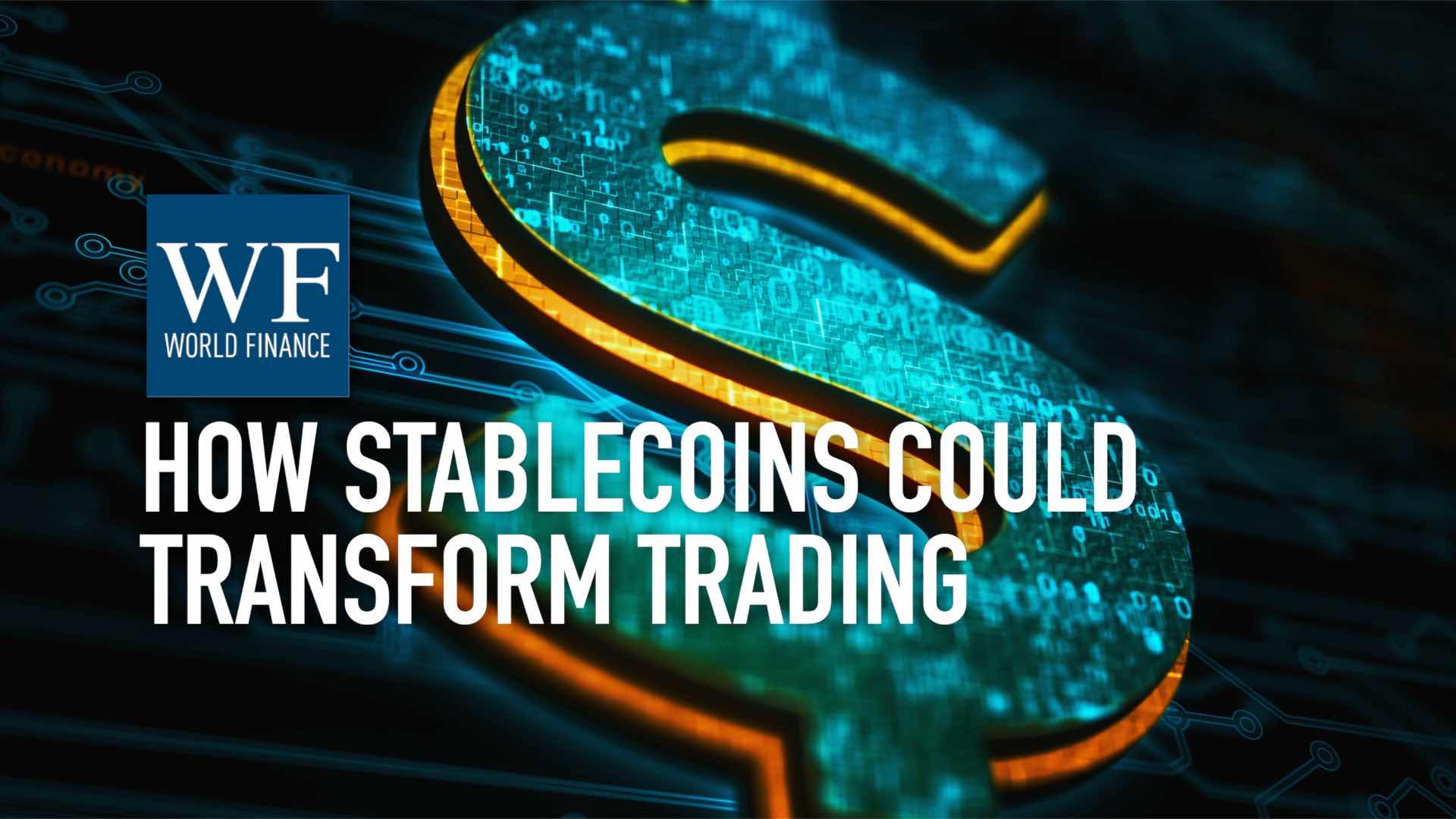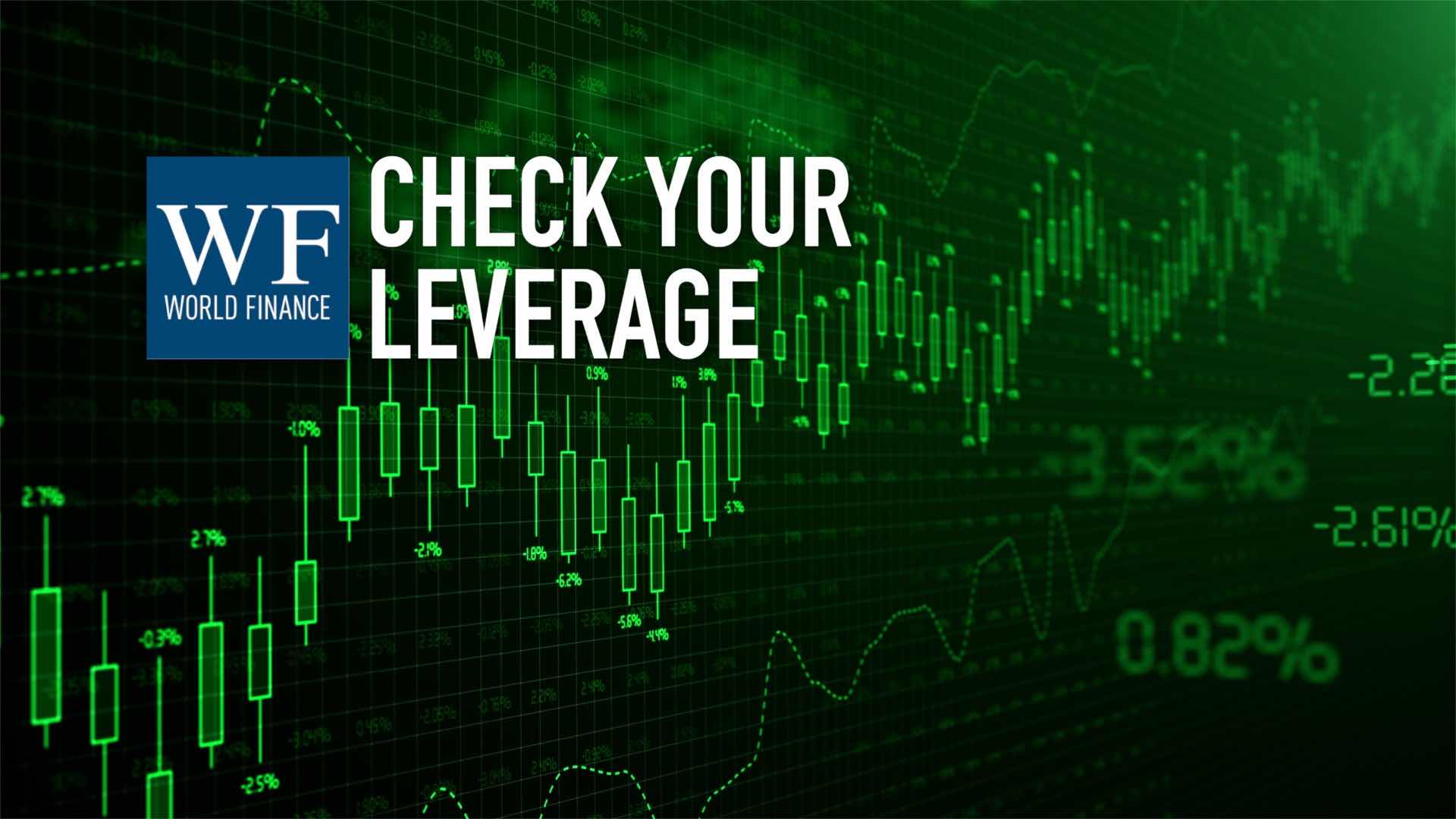Exploring Vietnam’s new derivatives market with BIDV Securities Company
CEO Đỗ Huy Hoài welcomes the new futures products available to investors
Related:
Transcript
In June 2017, Vietnam opened its derivatives market. Five companies are authorised to trade on the new market, which is hoped will make the country’s stock exchange even more attractive. BIDV Securities is one of those companies – its CEO, Đỗ Huy Hoài, discusses the instruments currently available and planned for the future, as well as the changes already being seen on Vietnam’s main stock exchange.
World Finance: The new derivatives market: what instruments are available, and how much interest has there been so far?
Đỗ Huy Hoài: The main products that will initially be available are stock index futures of VN INDEX and HN INDEX, and government bond futures.
I think that along with continued market development, there will be more and more products. These products are quite new to the Vietnamese market. The authorities are fully aware of this and taking it into consideration for their strategic planning.
Government agencies, as well as securities companies, have also been offering training programs for investors, promoting and giving guidance on conducting transactions, as well as introducing these products’ benefits to individual and institutional investors.
Regarding institutional investors with high-volume transactions, they will participate in the high-value stock index futures and high-value government bond futures.
We also hope that institutional investors will get on board faster. And the market will become more dynamic.
World Finance: What other instruments are planned for the future, and what’s the timeline?
Đỗ Huy Hoài: In the near future, products offered on the market will follow two directions. First, products will be diversified for both individual and institutional investors.
Second, products will bring a level of liquidity to the market, which will make it livelier.
Following the same directions, we will also provide one additional investment channel for investors, known as warrants.
In order to facilitate the market’s liquidity, there will be products that allow investors to sell securities during the settlement period or on the T+0 basis (same day settlement).
World Finance: Investment on the main stock exchange reached $20bn in February of this year; what have been the main investment trends you’ve been seeing?
Đỗ Huy Hoài: On average, the total trading value reached VND 4.5-5trn per trading session, which means that market liquidity is very high, equivalent to periods prior to the financial crisis in 2008.
And with such momentum, there are industries on the centralised stock market that have seen remarkable development, for example the banking industry.
Some bank stocks have seen a growth of over 95 percent: for instance, those of Asia Commercial Bank.
In second place is the real estate market, especially resorts. This is another industry with very positive signs of growth in early 2017.
In addition, stocks of the petroleum industry indicate a potential for positive growth.
World Finance: Foreign direct investment in Vietnam reached $15.8bn last year: how has the government been ensuring Vietnam presents an attractive business climate?
Đỗ Huy Hoài: The Vietnamese government has been aware of the need to create a favourable environment for economic development.
First, the Vietnamese government adopted a resolution aimed at perfecting the socialist-oriented market economy, which calls for completing the legal systems, market institutions and agencies’ operations to create the most convenient and friendly environment for investors.
Secondly, the Vietnamese government adopted a resolution regarding private economic development.
The private sector currently accounts for 40 percent of Vietnamese GDP, playing an important role in the whole country’s development.
This will help them gain access to resources, sources of financing and legal systems so that they can then access investment opportunities that help them develop their businesses.
Third, the Vietnamese Government has also agreed on a vital resolution regarding state-owned enterprises.
SOEs shall continue to be actively equitised. In sectors where State control has been deemed unneccessary, SOEs that have undergone equitisation will have their remaining state-held shares sold off on the open market. SOEs that have yet to undergo this process will continue to be equitised.
World Finance: What does the future hold for Vietnam, and for BIDV Securities Company?
Đỗ Huy Hoài: In the near future, the work of drafting second-generation legal documents will take the stock market another step forward.
When our securities market is perfected it will approach international practices and will bring more opportunities for future economic development.
Following the same trend, BIDV Securities Company, on the one hand, actively participates in a range of market activities and supports investors in their businesses, and on the other hand, collaborates with state agencies such as the Vietnam Securities Depository to help develop the stock market in general.
The investment banking model is one that we are continuing to pursue and prepare for, so that if and when the law is in place, we will be one of the first entities to adopt investment banking.
By becoming an investment bank, BSC will be able to support the market better and help BSC to grow stronger in our business.
World Finance: Đỗ Huy Hoài, thank you.
Đỗ Huy Hoài: Thank you.

 More than ‘a gambling token’: Could stablecoins be crypto’s legitimate future?
More than ‘a gambling token’: Could stablecoins be crypto’s legitimate future? Higher rates spell an end to suppressed volatility – so check your leverage
Higher rates spell an end to suppressed volatility – so check your leverage
